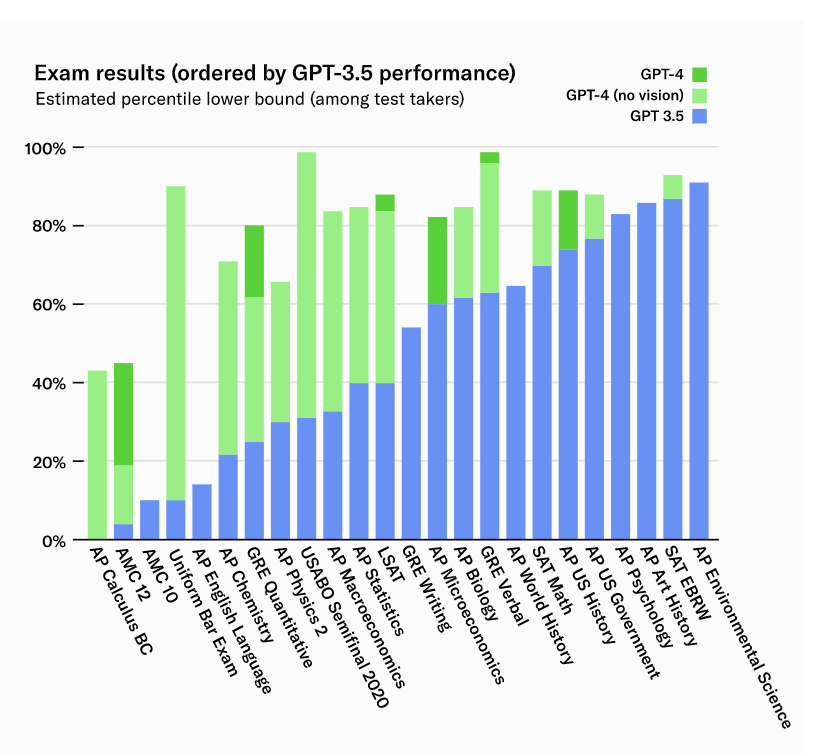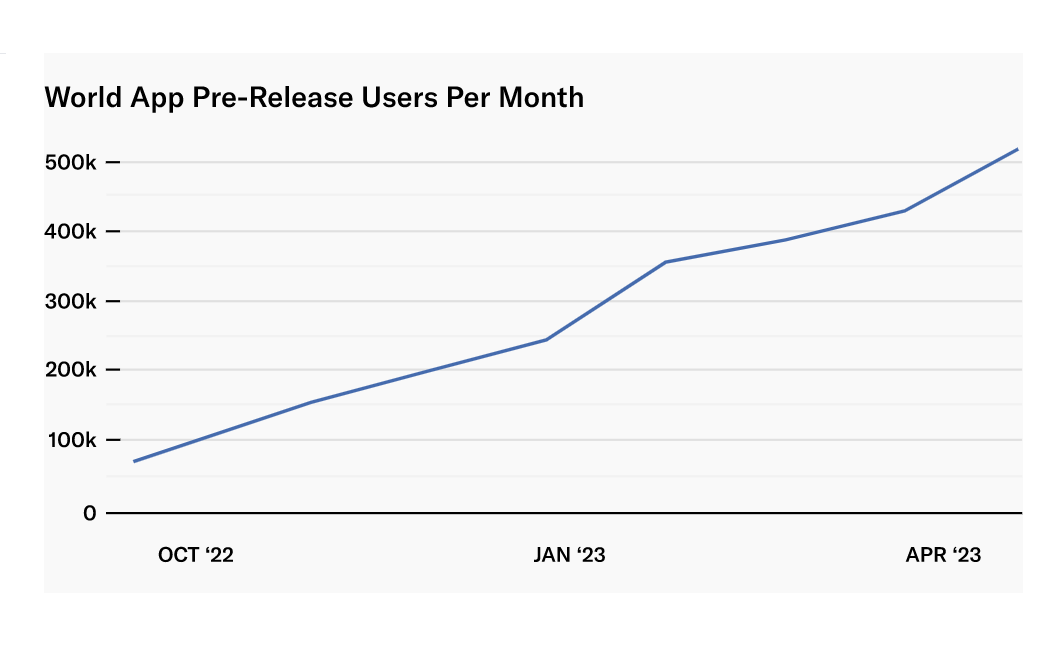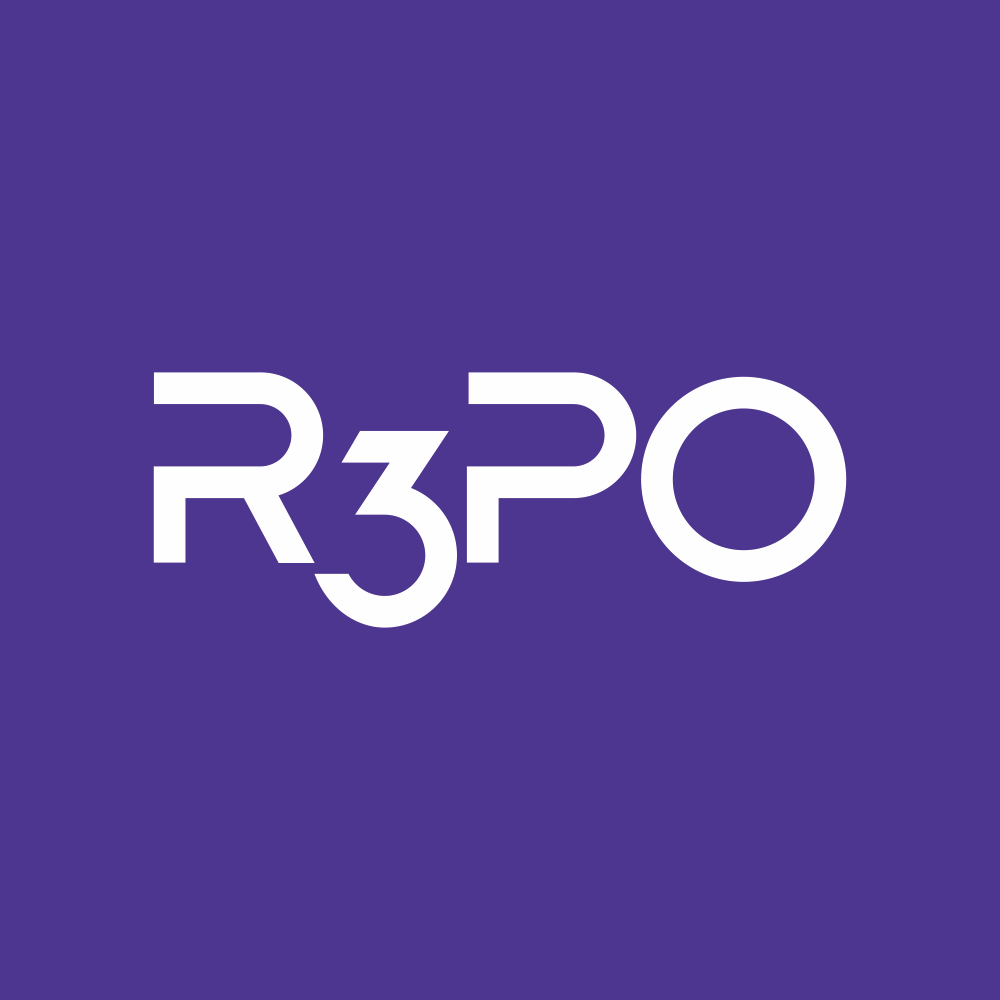Can the father of ChatGPT create a beautiful "Utopian" world?
ChatGPT sparked a boom in artificial intelligence, but also raised concerns about the blurring of the line between humans and machines. The rise of large language models (LLMs) allows artificial intelligence to imitate human expressiveness in amazing ways, and it is increasingly difficult for us to tell whether a piece of text or a conversation is generated by a human or a machine. In this case, how to prove that you are human and not a robot becomes an important task.
Recently, the United States held the first major hearing on artificial intelligence. At the meeting, OpenAI CEO Sam Altman called for the regulation of AI, welcomed legislation in this field, and expressed concerns about the disruption of the labor market caused by artificial intelligence.
Interestingly, Sam Altman is trying to solve the problems brought about by artificial intelligence through cryptocurrency and blockchain. The WorldCoin company he co-founded launched the ecological wallet World App in May this year, which has attracted widespread attention. A better, fair, and just world becomes the infrastructure for implementing a universal basic income, and contributes to solving the problem of job losses brought about by artificial intelligence.
first level title
Part 1 Why is it important to prove that you are human in the age of AI?
There is a famous saying in the Internet world, "You never know whether you are on the opposite side of the Internet is a person or a dog", and now this problem will become more serious. It would be pretty scary to imagine that we spend 10-plus hours a day on the Internet and don't know if we're talking to different forms of neural networks for five or six hours.
Digital identity has been an unsolved problem since the invention of the internet. According to the McKinsey Global Institute report Digital Identity: Key to Inclusive Growth, more than 4.4 billion people around the world do not have a legal identity or cannot have a digitally verified identity, which is also a major barrier to people's access to financial services.
And now, the performance of deep learning models is continuously improving, surpassing human performance at a faster and faster rate in various benchmark tests. Large-scale language models (LLMs) have also made significant progress recently, and their performance has reached the top 20% of human capabilities in most traditional evaluations. The progress of GPT-4 compared to the evolution of GPT-3.5 is particularly obvious.

We are entering a new era of artificial intelligence, and it is more important than ever to address the problem of identity verification. On the one hand, we need to ensure that the benefits generated by the future system are fairly distributed, and everyone's economic interests and rights in the Web3.0 and AI era are ensured. Sybil Attack is able to create multiple fake accounts to gain undue advantage or influence, so limiting the number of accounts each person can create is critical for digital and decentralized governance, while also helping to equitably distribute scarce resources, such as universal basic income , social benefits and subsidies. On the other hand, we need clarity on who and what information can be trusted online to prevent the spread of AI-generated content that could lead to massive deception or the spread of disinformation.
first level title
Part 2 Worldcoin is not only a cryptocurrency, but also wants to become an "identity card" in the AI era
So, how do you ensure that registered users are real humans and only have one account?
WorldCoin initiated the open identity protocol World ID and developed the Orb device, which can scan a person's iris to verify their uniqueness and humanity, and assign them a "World ID" that can be used as a global digital passport. The research of the WorldCoin team believes that in the context of biometric identification, the higher the entropy, the more unique and unpredictable the biometric features, while iris has higher entropy than fingerprint and facial recognition, they are not easy to change due to external factors, and are not easy to change. Subject to demographic bias, irises are therefore more suitable for proof of personality than faces and fingerprints.
Through Proof of Personality (PoP) credentials, the World ID protocol enables everyone to prove their humanity online without relying on third-party authorities. This innovative authentication method utilizes zero-knowledge proof to protect user privacy to the greatest extent, and realizes identity security through the World ID managed by the user himself.
WorldApp not only becomes the "identity card" in the AI era, but also makes it easier for the general public to enter the encryption field.
The rise of cryptocurrencies has brought huge changes to the global economy. However, current cryptocurrency users only represent 3% of the global population. One of the main hurdles is the lack of accessibility, which is often difficult for the general public to integrate into.
The founders of WorldCoin are deeply aware of this problem. In early 2020, Alex Blania hit it off with Sam Altman and Max Novendstern, "What if there was a way to distribute shares of digital tokens to everyone on the planet for free?" The more people use it, the easier it is to send and receive payments. They hope to expand the popularity of cryptocurrencies by building user-friendly tools and systems that allow everyone to easily access digital assets, regardless of their location, income level or background. , to easily buy, sell and manage digital assets with just a few clicks.
WorldCoin is committed to building the world's largest and fair digital identity and digital currency system, and as a public utility, everyone has ownership. It is decentralized by design, meaning that ultimately its governance and decision-making will rest with its community of users. It consists of three parts:
World ID—a privacy-focused digital identity that proves an individual's unique identity
Worldcoin Token - the first globally freely distributed token to unique individuals for utility and future governance
World App - use Worldcoin tokens, digital assets, stable coins and traditional currencies to realize payment, purchase and transfer functions on a global scale
Since its initial release, 1.5 million people have joined the pre-release version of the World App, and more than 500,000 people use it every month. On average, the app processes around 60,000 transactions and 25,000 World ID checks per day. The WorldCoin team believes that, if successful, World ID will become the largest network of real humans on the Internet, available to all as a public good.

From the perspective of token distribution, the Worldcoin token is named $WLD, and the supply is 10 billion pieces. The specific distribution is as follows:
8 billion provided to the community.
1 billion for long-term funding of the Worldcoin protocol (including grants to developers)
1 billion to Worldcoin protocol, tool contributors and investors. (A $100 million token was given to the first round of financing institutions)
Moreover, WorldCoin officially stated that 80% are Grants and will not sell tokens to the public. The Worldcoin token is expected to launch in the first half of this year.
So, how to get tokens?
Download the World App
Find the nearest Worldcoin operator in the World App
Complete the QR code scanning and verification process for Orb with the help of Worldcoin operators
Get a unique, fully functional world ID
What WorldCoin officially pointed out is that World ID is designed to verify the uniqueness of the user, not the user's personal identity. Privacy is maintained to the highest standards as biometrics are involved. Images are processed in the Orb's local memory and then deleted. The output is just an iris code, which is a way to numerically represent the texture of the iris. Users can opt-in to back up their images.
first level title
Part 3 Altman creates a utopia in Web3
The capital strength behind WorldCoin cannot be underestimated. Early last year, Worldcoin valued its total token supply at $3 billion with a $100 million token sale, with participation from a16z and Khosla Ventures. According to the Financial Times, Altman recently planned to raise another $100 million for Worldcoin.
Of course, there are reasons for the founders of investment institutions to see it, but what is the specific value of this project? In fact, one of the reasons preventing the encryption industry from becoming a global virtual economy is that the encryption world lacks a credit system and an arbitration institution, and perpetrators can use multiple identities to commit fraud. This chaotic state hinders the development of cryptocurrencies. Therefore, to ensure that the encryption industry can develop into a global Web3 economy, it is necessary to ensure that everyone can obtain unique identity confirmation on the blockchain, which can reduce fraud and malicious behavior and increase trust. The reason why it is called a high-quality track with a broad market prospect. However, WorldCoin uses iris recognition to solve the problem of unique real identity authentication. By establishing a reliable digital identity authentication system, it can reduce malicious behavior, improve trust, and make DeFi more inclusive and innovative.
The utopia imagined by Altman is based on the only real identity authentication.
Many fields are already showing significant job losses due to generative AI models, but Altman has predicted that AI will create enough wealth to pay every adult a certain amount of money. To realize this vision, Worldcoin firmly believes in the need for decentralization from the outset to counter future currency debasement, and has made Universal Basic Income a core component of its vision to offset the loss of jobs to AI. WorldCoin aims to create a utopia and hopes to be the infrastructure to implement a universal basic income and contribute to solving the problem of job loss caused by artificial intelligence.
In addition, WorldCoin also needs to achieve global governance and digital collective decision-making. Many Web3 projects adopt a token-based governance model, that is, each token has one voting right. While this model decentralizes and democratizes to some extent, it can also exclude some individuals and favor those with greater economic power. To address this, a reliable, Sybil Attack-resistant mechanism is needed to simplify the implementation of autonomous governance models based on unique human identities.
epilogue
epilogue
Achieving WorldCoin's ambitious goals still faces a series of challenges. The first is the feasibility and sustainability of a universal basic income. While the vision of providing everyone with a universal basic income is attractive, how to actually raise and distribute funds is a complex issue. WorldCoin needs to develop a sustainable economic model to ensure that the source and use of funds are properly managed. At the same time, user privacy and data security are also an important consideration. As the basis of digital identity verification, World ID needs to guarantee the user's privacy and data security. They need to protect the user's personal information and comply with relevant data protection regulations. In addition, Worldcoin also needs to face challenges from traditional financial institutions and governments.
Disclaimer: There are risks in the market, and investment needs to be cautious. Readers are requested to strictly abide by local laws and regulations when considering any opinions, viewpoints or conclusions in this article. The above content does not constitute any investment advice.
References:
1 、OpenAI co-founder Sam Altman’s $ 200 M bet that crypto will solve AI threat
https://cryptoslate.com/openai-co-founder-sam-altmans-200 m-bet-that-crypto-will-solve-ai-threat/
2 、HOW TO USE WORLD APP AND VERIFY YOUR WORLD ID
https://worldcoin.org/blog/worldcoin/how-to-use-world-app-verify-world-id
3 、PROOF OF PERSONHOOD:What it is and why it’s needed
https://worldcoin.org/blog/worldcoin/proof-of-personhood-what-it-is-why-its-needed
4 、HUMANNESS IN THE AGE OF AI
https://worldcoin.org/blog/engineering/humanness-in-the-age-of-ai
Copyright statement: If you need to reprint, please add the assistant WeChat to communicate. If you reprint or wash the manuscript without permission, we will reserve the right to pursue legal responsibility.
Disclaimer: There are risks in the market, and investment needs to be cautious. Readers are requested to strictly abide by local laws and regulations when considering any opinions, viewpoints or conclusions in this article. The above content does not constitute any investment advice.



